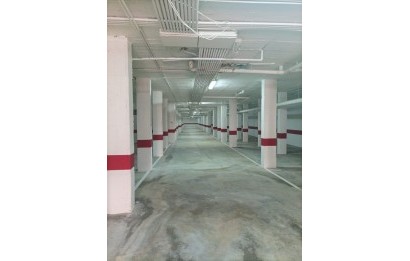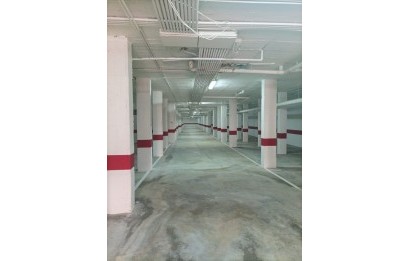Insuring a home is crucial to protect your investment and your wealth

A homeowner's insurance policy usually covers structural damage, theft, liability, and in some cases, additional expenses such as temporary housing in case the home becomes uninhabitable due to an event covered by the insurance.
Here are some common types of home insurance:
Building insurance: Covers damage to the structure of the house and other structures on the property, such as garages or sheds.
Contents insurance: Protects personal items inside the home, such as furniture, appliances and clothing, in the event of theft, fire or other covered events.
Liability insurance: Provides coverage if someone is injured on your property and files a claim against you.
Flood insurance: Provides specific coverage for flood damage, as most standard policies do not cover this type of event.
Earthquake insurance: Covers damage caused by earthquakes, which is generally not included in standard home insurance policies.
For households in a rental situation, the following options are also available:
Non-payment of rent insurance: This type of insurance is designed to protect landlords in the event that a tenant fails to pay rent. When the policy is activated, the insurance can cover part or all of the rent due for a specified period of time, usually up to a certain limit. Some policies may also include coverage for legal expenses associated with recovering unpaid rent.
Eviction insurance: This type of insurance provides coverage in the event it becomes necessary to evict a tenant for non-payment of rent or other violations of the lease. The insurance may cover costs associated with the eviction process, such as legal fees and loss of rent during the period of vacancy.
Homeowner's insurance: Although homeowner's insurance does not specifically cover non-payment of rent, it can provide broad protection for rented property. This includes coverage for property damage caused by fire, flood, vandalism, or other covered events. Some homeowner's insurance policies may also include coverage for loss of rent due to property damage requiring repairs.
Currently, there is a lot of uncertainty about leaving a home unoccupied for an extended period of time, so the new Squatter's Insurance has also emerged. This home insurance for squatting can be complicated to obtain, as insurers generally do not provide cover for properties that are illegally occupied. Squatting can present additional risks to the property and increase the possibility of damage, making insurers reluctant to offer coverage. It is likely to have limitations and higher costs. It is important to be transparent with the insurer about the squatting status of the property to avoid coverage problems in the future.
It is important to thoroughly review the policy coverages and exclusions, as well as adjust the level of coverage according to the specific needs of your property and location. In addition, keeping your home in good condition and taking security measures can help reduce risks and insurance premiums.











 Access agents
Access agents


















